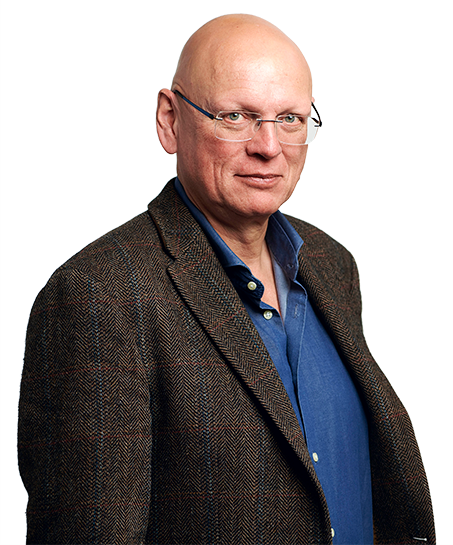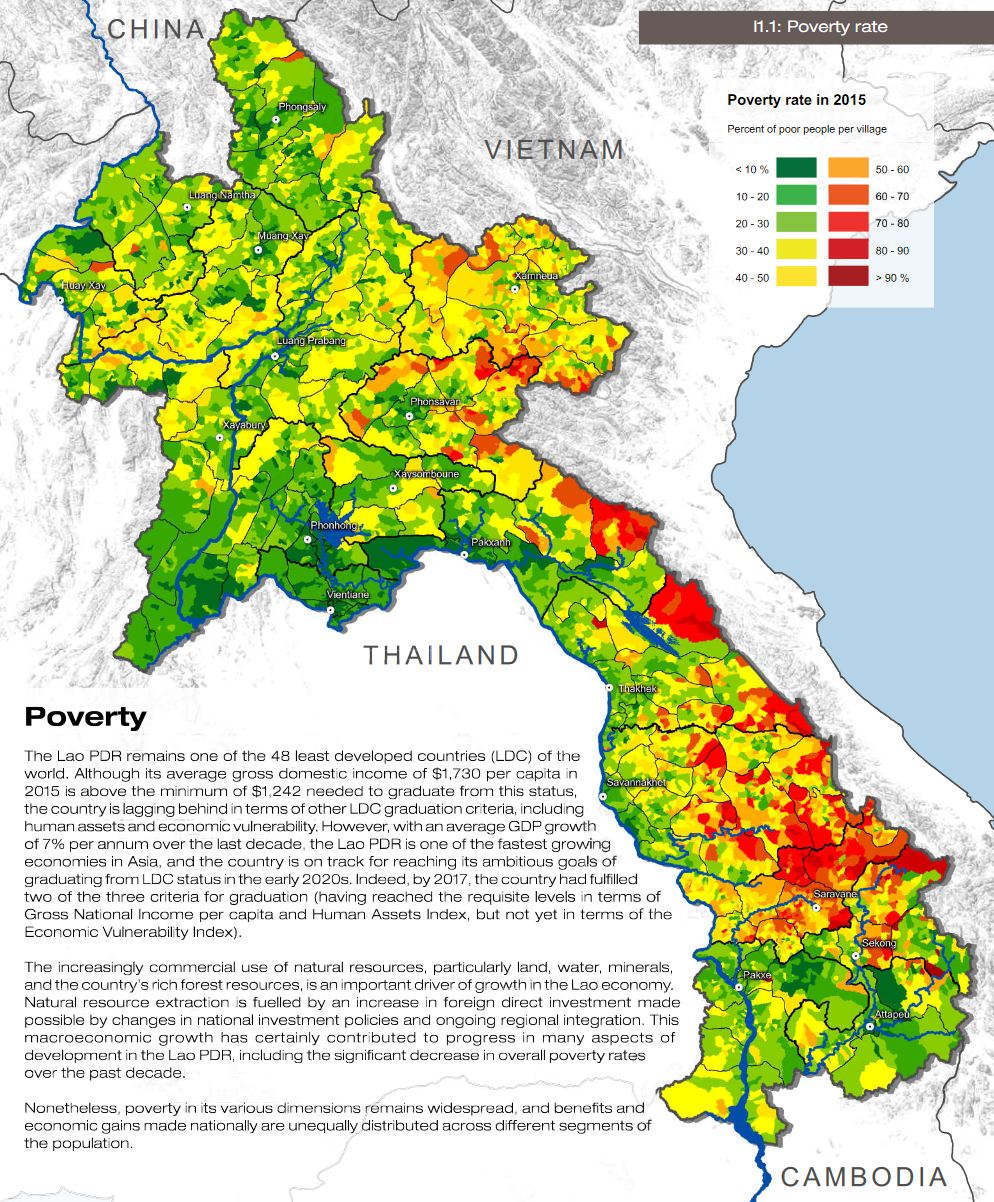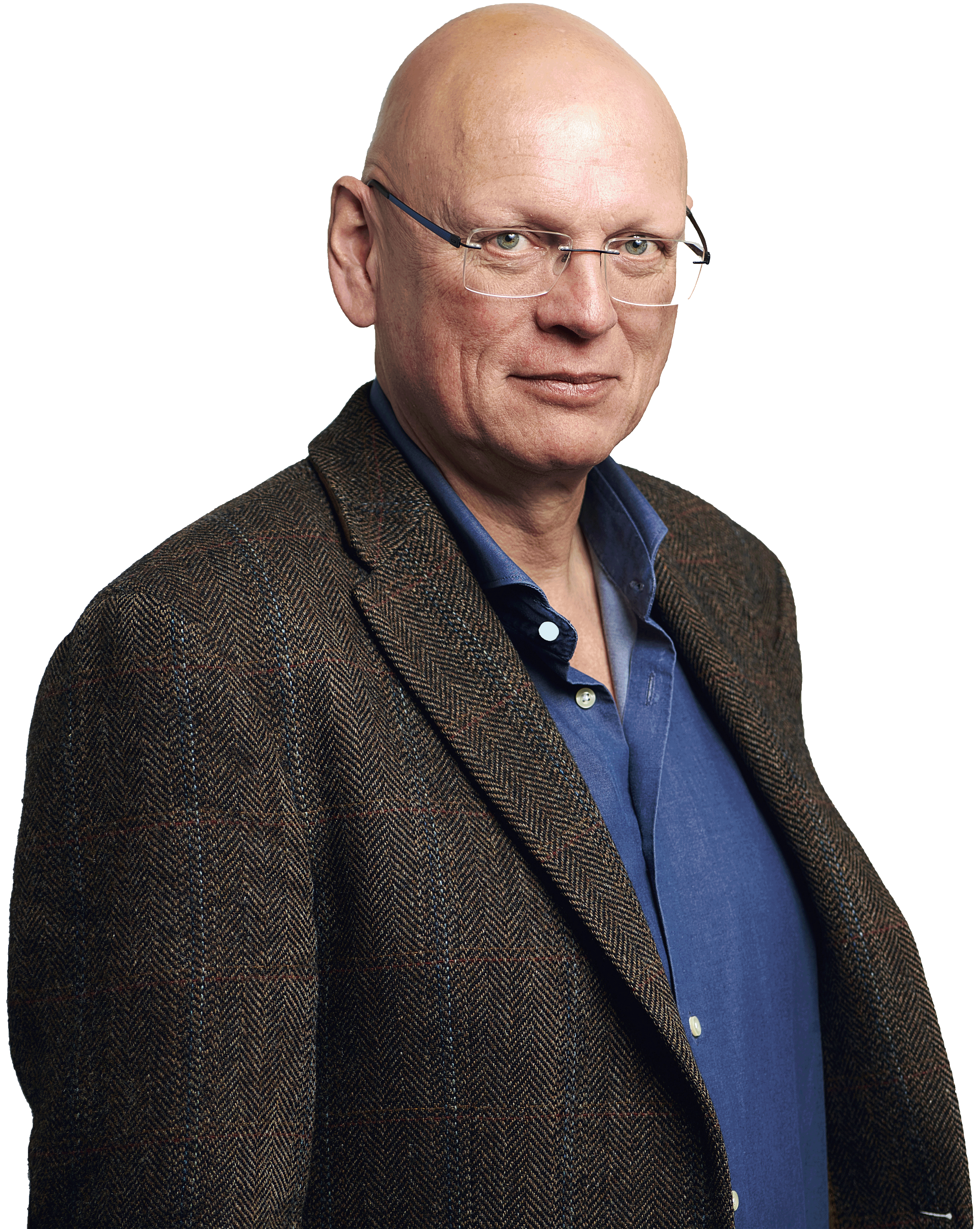
”Sustainability is the decisive issue of the future – and CDE supplies policy-ready knowledge for it.”
“CDE supplies policy-ready knowledge
for sustainability”
President of the CDE Board Heinzpeter Znoj discusses the impact of the pandemic on sustainable development, the development of CDE, and what impressed him most during a visit to Laos in early 2020.
What has the pandemic taught you about sustainability?
The lockdowns and travel restrictions employed to slow the pandemic over the past year have forced a more sufficiency-oriented lifestyle on rich countries. Many of us have realized that consuming less and travelling less are not fundamental constraints. What we have missed more in the long run is socializing and public events. After the pandemic, I think that carrying on lives with a smaller ecological footprint, but rich in social encounters and cultural participation would work very well for most of us.
On the other hand, developing countries and emerging economies have suffered immensely from the economic consequences of reduced demand for commodities due to the pandemic. In response, they are trying to attract investment from abroad. To this end, for example, the parliament of Indonesia enacted the so-called “omnibus” law package last fall that cuts labour, social, and environmental standards in order to draw international investments in large-scale agriculture, mining, and manufacturing. In this way, the pandemic is directly undermining – or being used as an excuse to undermine – the UN sustainability goals.
In short:
“We can only tackle the pandemic and other threats like biodiversity loss and climate change together.”
Heinzpeter Znoj, President of the CDE Board
In our country, the government loans to ailing businesses also raise questions about whether the additional economic growth required to service them can be reconciled with the goals of sustainable development.
The bottom line is that the pandemic has made us increasingly aware of our collective vulnerability. In international Zoom conferences, I’ve perceived a new sense of connectedness. We can only overcome the pandemic – and other major threats like biodiversity loss and climate change – if we work together.
In short:
“CDE is very well positioned in terms of its human resources, funding, and strategic orientation.”
Heinzpeter Znoj, President of the CDE Board
How is CDE doing now, after 2020 marked the end of an institutional era?
Thankfully, CDE’s management worked intensively on institutional development already in previous years – during the transition from the National Centre of Competence in Research North-South to being an interdisciplinary research centre of the University of Bern – and has consistently taken the strategy development process very seriously. So CDE was well-equipped to handle the issues arising with the Wyss Academy for Nature being led by CDE’s previous co-director, Peter Messerli, as well as the transfer of other CDE staff to the Wyss Academy.
Of course, it was also an adventure with many uncertainties for everyone involved. But we’ve maintained our scientific output at a high level; we have had the support of the university management and are quite well established as an institution among commissioning agencies. I think CDE is very well positioned in terms of human resources, funding, and strategic orientation. Sustainability is the decisive issue of the future – and CDE supplies policy-ready knowledge for it.
In short:
“I’ve been impressed by the success of the FATE project in producing scientific excellence and promoting academic careers.”
Heinzpeter Znoj, President of the CDE Board
In January 2020, you were in Laos to visit the CDE project “Feminization, Agricultural Transition and Rural Employment (FATE)”. What impressed you most?
Five years after the first project meeting, this was our last regular annual meeting in one of the participating countries. We’ve grown together as a team – both in terms of the country coordinators and the project management under Sabin Bieri and in terms of the two cohorts of doctoral students. The first dissertations had been completed. I was impressed by the success of the r4d project in producing scientific excellence and promoting academic careers. Our first Lao doctoral student, Maliphone Douangphachanh, is now the founding director of Gender Studies at the National University of Laos. What a success for FATE!
I was also left with a lasting impression by the big project of the CDE branch in Vientiane, the Socio-Economic Atlas of the Lao PDR, led by Michael Epprecht. One map sheet shows the regions with widespread poverty. These are precisely the areas where the United States Air Force carried out its bombing campaigns 50 years ago. To this day, the development opportunities there are limited – because a large part of the land cannot be farmed due to unexploded cluster bombs and land mines, and also because local people’s war traumas have been passed on to the post-war generations. The maps make the dramatic history of Laos visible using elementary socio-economic indicators. Taken together, they vividly illustrate not only that Laos belongs to the least developed countries, but why.

